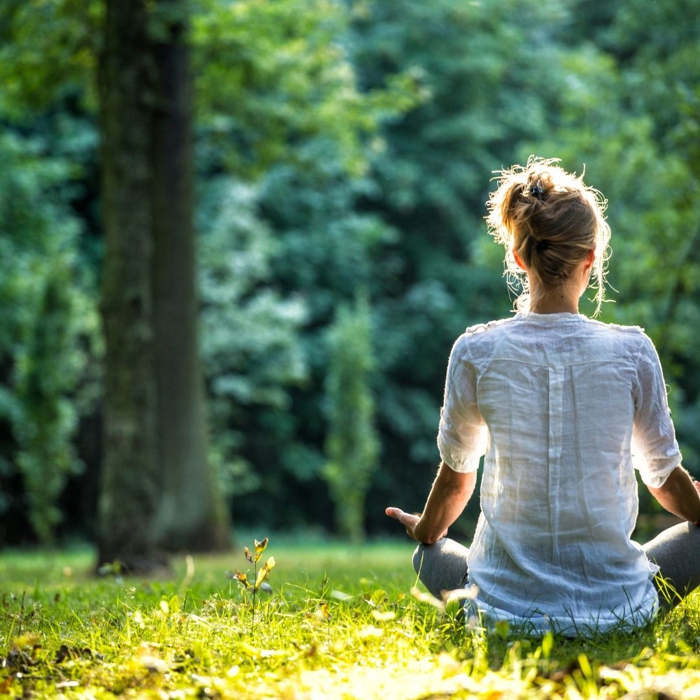
Asceticism is a discipline of life that consists of exercising one's will against natural tendencies of the body or the mind. Self-discipline is said to make one happier. But why? And how can we achieve more self-discipline?
What is asceticism?
Asceticism comes from the Greek word askésis, which was originally part of the sports vocabulary and refers to the demanding lifestyle adopted by athletes: diet, sleep, exercise, etc.
Asceticism implies renunciation and deprivation. It is a discipline of life. It is about imposing discipline on oneself (self-discipline) and thus exercising one's will against natural tendencies of the body or the mind. Meditation and fasting are thus ascetic practices.
This exercise of the will and discipline of life remains mostly in measure and balance. There are more extreme ascetic practices with mortifications and penances.
Self-discipline linked to asceticism: Its benefits
Self-discipline is the ability to resist impulses to achieve one's goals.
Many American psychologists and coaches have written that self-discipline makes you happy.
Self-discipline and self-care can lead to more positive emotions and general satisfaction with life.
Self-discipline allows you to give up habits that make you unhappy (eating too much sugar, staying up too late...).
Moreover, being able to delay the satisfaction of some of one's needs simply in order to achieve certain goals leads to a real feeling of self-control and this makes one happy!
How to develop more self-discipline?
Willpower works like a muscle. Self-discipline can therefore be developed like a muscle. With practice, it becomes easier to resist impulses.
Developing new habits (food, activity, method) to achieve your goals is the essence of self-discipline. It takes a little over two months to automate a new behaviour. Once it's almost automatic, you don't need to do anything else.
To motivate yourself, think of the benefits of your new lives, not the constraints!
Meditation for more self-discipline
Meditation increases willpower. This has been proven by science. A study conducted by an Italian neuroscientist has shown, for example, that people who meditated regularly for 8 weeks had strengthened the part of their brain responsible for self-control.
So to resist impulses more easily, meditate!
For example, you can practice a simple meditation exercise called mindfulness breathing.
Sit comfortably with your hands on your thighs, eyes open or closed.
Concentrate only on your breathing. Be aware of the movement of your chest and belly as you breathe, and the air that comes in and out of your nostrils. When your thoughts drift away, gently return to your breathing.
Start with a 1 minute exercise to begin with, then gradually increase to a 2 or 3 minute exercise.
You may also like to read / También te puede interesar leer
- What is narcissistic personality disorder?
- Emotional dependence and lack of self-confidence
- What is narcissistic personality disorder?
- How to become a good leader?
- Left-handed people are exceptional: Science says so
- What is the difference between the novel and the short story?
- Interesting Conversation Topics: Questions to Ask
- How to improve your concentration when working or studying

